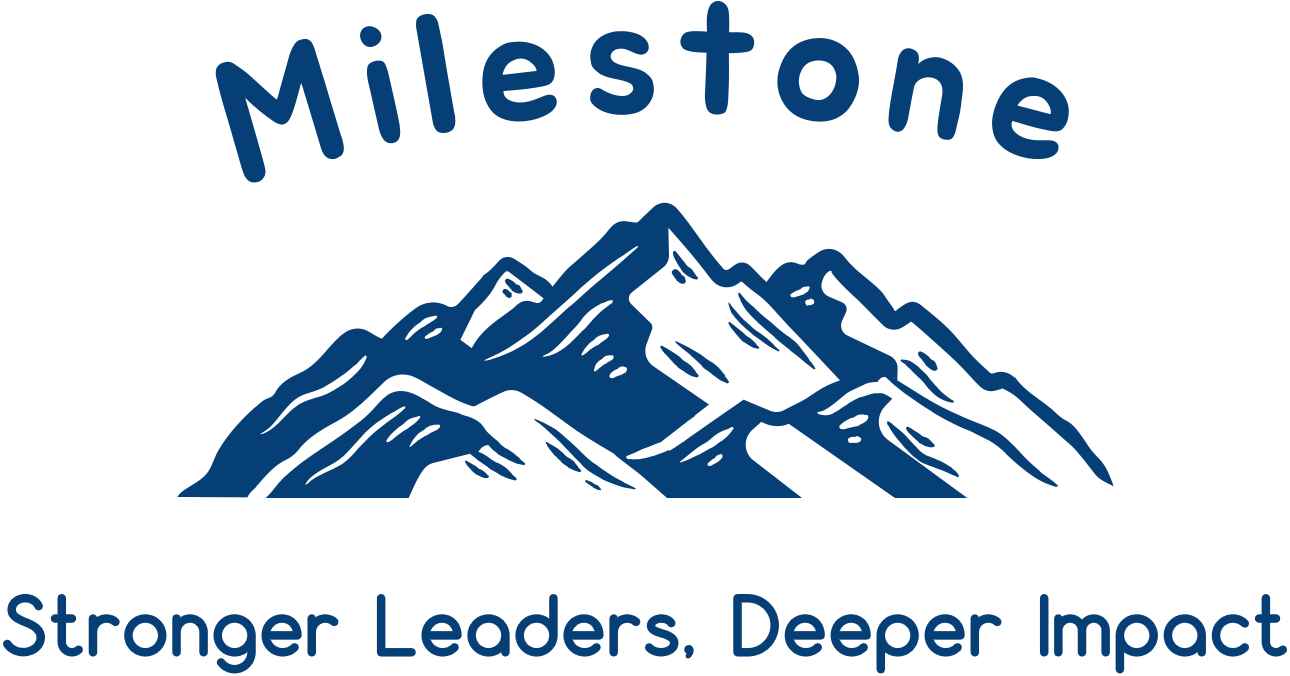The Job Search Mindset
Over the past couple of months, my inbox and DMs are busier than usual. And the ask is almost always the same: “Can you help?”
Lately, friends, colleagues, and even friends-of-friends are reaching out as they navigate a job market that’s shifted far faster over the last few months than at any other time than I can remember. Somewhat telling is that some of my former Microsoft colleagues, people who thought they were untouchable in their roles, are facing disruptions they never planned for.
Being trusted as a sounding board, connector, or guide is an honor. While I don’t always have the perfect answer, I often do have a connection, perspective, or resource that can help someone take the next step. And even when I don’t, I’ve noticed a few core principles that keep coming up in these conversations. They’re not networking tricks or resume hacks, rather they’re about mindset.
Here’s what I’ve been sharing:
1. Protect Your Wellness
The job search can feel like a full-time, emotionally exhausting job. It’s a marathon, not a sprint. This is the time to double down on habits that develop and protect your physical, mental, social, spiritual and emotional health; whether that’s a morning run, a new exercise routine, time outdoors, or regular coffee with friends. Build that wellness foundation and habits now while you have a bit of extra time; it’ll pay off in your next role and beyond.
2. Re-evaluate Your Why
Rarely do we get a forced pause to really ask: What do I want? The Japanese concept of Ikigai is a great framework: What do you love? What are you great at? What does the world need? What can you be paid for? You may not check all four boxes, but this reflection will help you prioritize what matters most.
3. Upskill for the Future
The world’s moving fast. A gap in employment can be the perfect time to close a gap in your skills. AI is the standout opportunity right now. If you’ve been on the sidelines, this is the time to learn. Whether it’s mastering tools like Gemini (or ChatGPT), diving into SQL for data analysis, or experimenting with generative AI, these skills are becoming must-have skills for leaders.
4. Build Your Personal Brand
In a crowded market, you are the product. Your personal brand is the story you want people to say about you when you’re not in the room. So, look at your LinkedIn profile. Share content that reflects your expertise, your values and your purpose. Be intentional about the reputation you’re building.
5. Reimagine Your Narrative
If you were laid off as a Product Manager, you’re not “just” a former PM, you’re the mini-CEO of your product. A Sales Director? You’re a Chief Revenue Strategist. A Marketing Manager? A Brand Architect. It’s not spin; it’s reframing. It changes how you see yourself, how you present yourself, and how others perceive your value.
It’s a tough market, yes. But it’s also a moment of possibility. This isn’t just about landing your next job—it’s about leading yourself into your next chapter.
I’m not going to lie; it is a tough job market. But it’s also a moment of possibility. This isn’t just about landing your next job, it’s about creating your next chapter.
This is your chance to step back, reassess your professional life, and redefine success. True leadership is not just about what you do in a formal role, but how you navigate uncertainty and develop a renewed sense of purpose and direction. The chapter you're writing right now is arguably the most important one yet.
